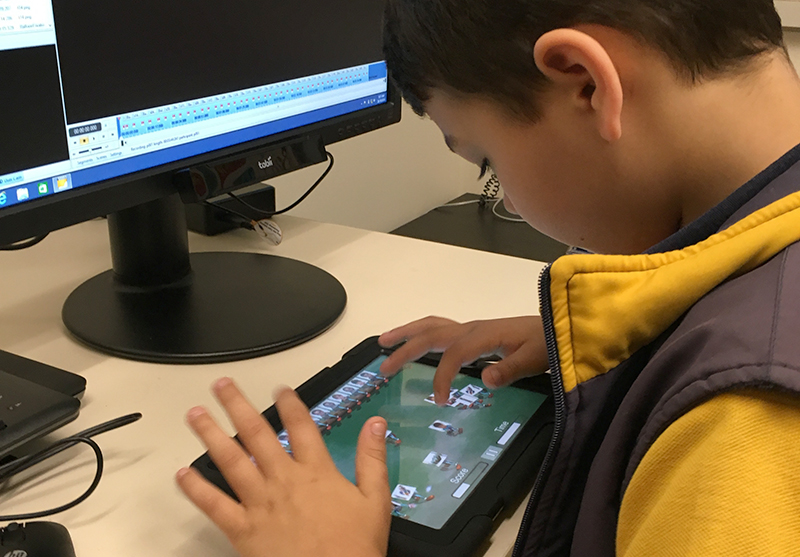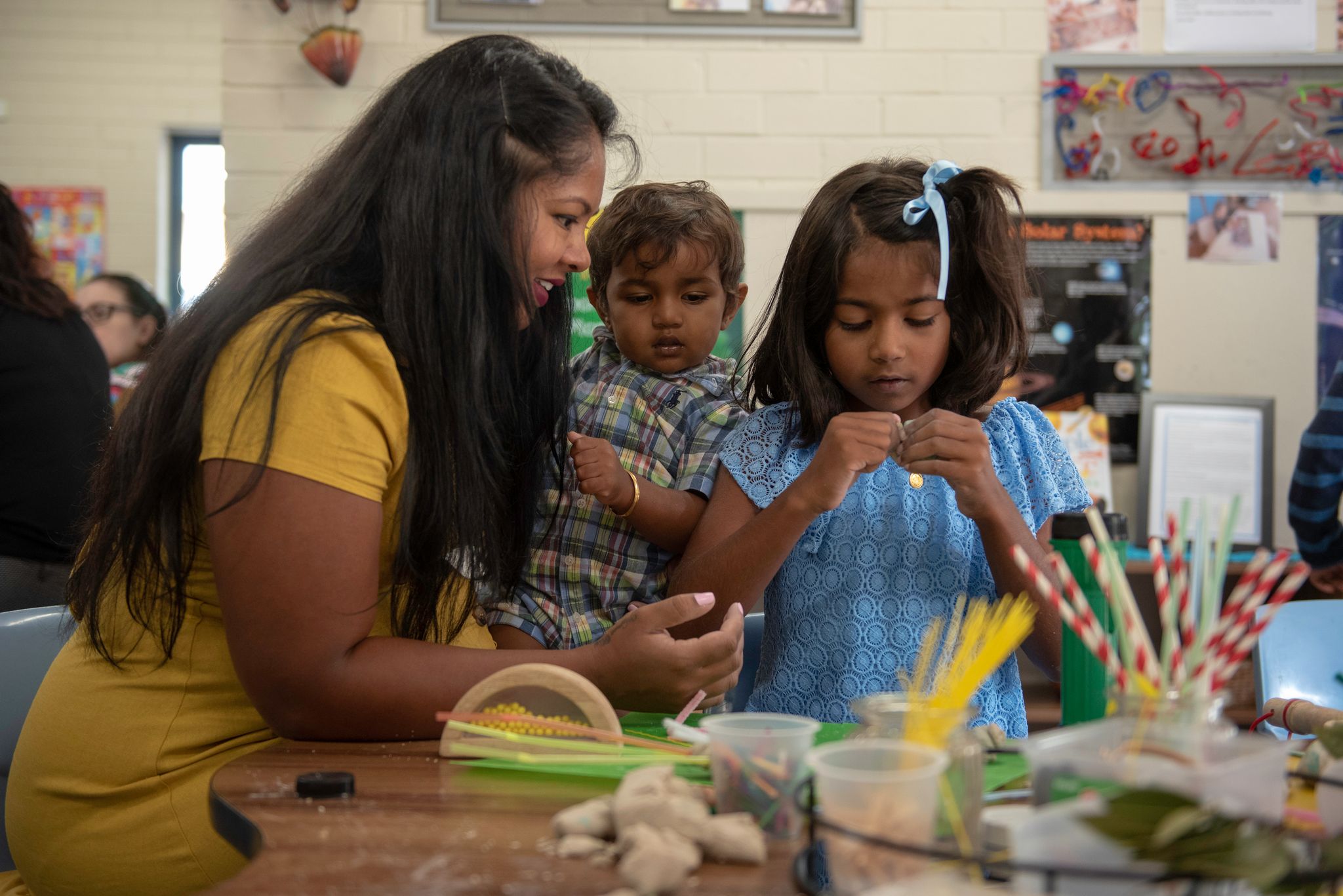Search

News & Events
Top five things you should know about the measlesDr Tom Snelling from The Kids explains the top five things you should know about the virus and why having the measles vaccine is so important.

News & Events
What’s the difference between anxiety and depression?While depression and anxiety can have similar signs and symptoms, they also have some distinct features.

News & Events
Investment in kids provides ongoing rewardsCorporates and private investors are beginning to realise the benefits of investing in early years initiatives, according to international demographer and economist Professor David Bloom.

News & Events
Pioneering technique opens new window on first week of lifeAn international team of researchers has pioneered a technique which gives unprecedented insight into the dramatic changes occurring in a baby’s body in the first week of life.

News & Events
My child is bullying others, what should I do?Most children are capable of bullying behaviour at some time, and it’s our job as parents to discourage this behaviour as soon as it appears.

News & Events
How to tell if your baby is meeting their social and developmental milestonesPaediatrician and researcher Dr Lana Bell shares some important milestones for social development to look out for in the first year of life.

News & Events
Frankie and Friends appResearchers at The Kids Research Institute Australia and University of Western Australia have recently published data describing the use of an attention training game designed for school-aged children diagnosed with autism spectrum disorder (ASD).

News & Events
Funding partnership to uncover new brain cancer treatments for kidsThe Robert Connor Dawes Foundation has joined forces with the Ethan Davies Fellowship to co-fund a The Kids Research Institute Australia initiative aimed at uncovering new treatments for aggressive childhood brain tumours.

News & Events
Navigating the teenage years with type 1 diabetesThe teenage years can be a challenging time for families, a period made even more difficult if a child has type 1 diabetes.

News & Events
Changing the Conversation on Early Childhood: New Report ReleasedMum and children playing
